Planting method and Propagation of Flowers-asparagus
Asparagus means "gentle bamboo". It is called "bamboo" but not bamboo. It is called asparagus because of its elegant posture, beautiful leaf shape and bamboo-like stem nodes. Asparagus has been loved by people since ancient times and has always been a common plant for interior decoration. Today we are going to learn how to maintain and manage it in the family.
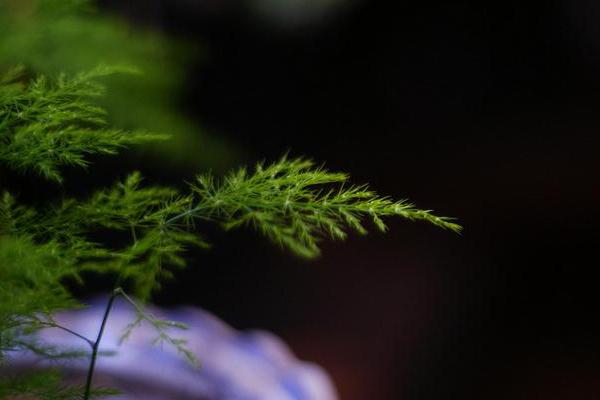
Cymbal
Culture methods of asparagus
Air temperature and environment
The most suitable growth temperature of asparagus is about 20 ℃, and the temperature is more than 10 ℃ in winter. If the temperature is too low, freezing injury may occur. When the weather is too cold in winter, you can put a layer of plastic film on the outside of the potted plant to keep warm.
In addition, the higher the air humidity, the better. In hot weather, often sprinkle water on the ground and leaves around plants to increase air humidity.
Soil
The soil should be loose and fertile.
Asparagus has high requirements for soil drainage and air permeability, so it is best to choose humus-rich soil, peat soil and other loose soil with good drainage. Adding a little organic fertilizer to the soil as base fertilizer is beneficial to the growth of plants.
Cymbal
Light
Asparagus likes semi-overcast environment, it is best to put it indoors with astigmatism, except in winter, other seasons should not be placed in the sun, especially in summer, because the sun is more poisonous, it will burn branches and leaves, generally speaking, if you want to be placed in the sun in spring, summer and autumn, it should be 60% shielded.
Watering
Asparagus is a fleshy root, watering should be careful. Each watering should be thoroughly watered, not half of the water, so that the rhizome will not be able to absorb water and die. The amount of water should not be too much, not too little, and should be reasonably grasped. When the basin soil is slightly dry, it needs to be watered in time. It is necessary to "dry and water thoroughly".
The winter weather is cold and the water evaporates slowly, so the amount of water should be reduced to avoid frostbite. If the room is too dry, water should be sprayed to the leaves in time to increase the air humidity.
Fertilizer application
During the growing period, fertilizer can be applied every half a month, and liquid fertilizer can be applied in combination with watering. However, during the dormant period of high temperature in summer and low temperature in winter, fertilization should be stopped.
The plant must have sufficient nutrients to grow when it is young, but the amount of fertilizer should be reduced after the plant is stereotyped, so as not to affect the beauty of the plant shape.
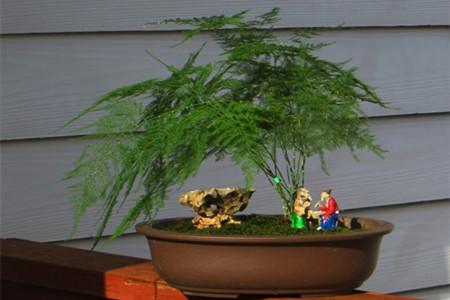
Cymbal
Four Seasons Management of asparagus Culture
Spring
March and April in spring is the right time for asparagus to change pots. Before changing pots, asparagus should be trimmed and arranged for plant type.
Asparagus grows vigorously in spring and can be fertilized 1-2 times to enhance its fertility. At the same time, ensure sufficient moisture, pay attention to increase the humidity of the air.
Summer
If the light is strong in summer, asparagus should be placed in a place where the indoor light is bright, but not directly illuminated. Water can be sprinkled around to keep the basin soil moist and enhance ventilation at the same time. Summer is the dormant period of asparagus, so fertilization should be stopped.
Autumn
When asparagus resumes its growth in early autumn, attention should be paid to the increase of water, fertilizer and air humidity.
When the temperature drops at the end of autumn, the growth of asparagus begins to be slow. The indoor temperature should be maintained and the asparagus should be moved to a place with light by the window. At the same time, reduce the number of watering.
Winter
Asparagus is not cold-resistant, the temperature below 5 ℃ will cause defoliation, affecting beauty and growth. Therefore, a certain room temperature should be guaranteed in winter to ensure that it can pass the dormant period. Should ensure a certain amount of light, reduce watering, stop fertilization.
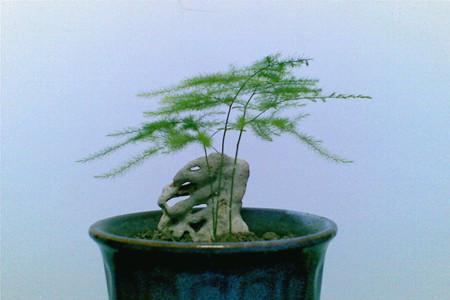
Cymbal
Matters needing attention in asparagus culture
In winter in the north, asparagus can not be cultured outdoors, so asparagus should be moved indoors in time to provide a warm growing environment.
Asparagus can not be watered too frequently and can be kept moist by spraying water on the leaves. Spray water 1-2 times a day in summer and once every 3-4 days in winter.
Don't water directly with tap water. Should be placed 1-2 days in advance, release the chlorine in the water, etc., to ensure that the water temperature will not be too cold.
Cymbal
Thin fertilizer is applied once a week in spring and autumn, preferably with compound flower fertilizer. Can not apply raw fertilizer, if you want to apply domestic fertilizer can be fully fermented and used.
Asparagus does not like smoke and dust. If you use a coal stove for heating in winter, you need to ensure proper ventilation.
Asparagus should be pruned in time. Too dense branches will affect ventilation and reduce ornamental value. If there are too many evil roots, we should divide the basin in time.
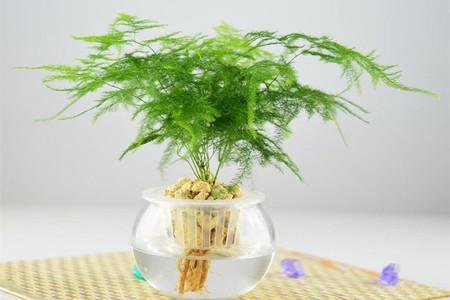
Cutting timing of asparagus
Cutting can be carried out all the year round, but the temperature is required to be between 20 and 30 ℃.
Selection of branches of asparagus cuttings
Cymbal
When cutting, choose asparagus with many branches and prosperous growth, gently peel off the surrounding basin soil, expose the combination of branches and roots, and make a small cut with a knife half a centimeter above the combination of roots and roots of cuttings, so that the knife edge is exposed for half a day. Then apply a layer of washed fresh moss and often keep it moist.
Pruning of asparagus cuttings
Cymbal
After 10 days, the fresh moss was removed, and when there was tumor-like healing tissue in the wound, the root could be cut off, two branches were retained and shrunk by 1/3, and the rest were all cut off.
Cuttings of asparagus
Use bamboo sticks to punch holes in the center of the cloth bag (8-10 cm high, 6 cm in diameter, filled with moist sandy soil). Insert the cuttings into the manhole and compact. The cloth bags with cuttings are arranged one by one along the inner wall of the basin, a wide-mouth glass bottle of moderate height is placed in the center of the basin, and the outer side of each cloth bag is circled with a gauze strip of 70cm, and the ends of the cloth strip are extended into the bottom of the glass bottle.
Cymbal
Filling of asparagus cuttings
Finally, fill the basin with soil, so that the mouth of the glass bottle is slightly higher than the soil surface, spray once through water, and fill the glass bottle with water. In the future, as long as you keep the water in the glass bottle, you can supply water to the cutting asparagus normally and moderately.
Put the insert pot in a cool place, send out new roots in about 20 days, and plant in the basin after 1 month.
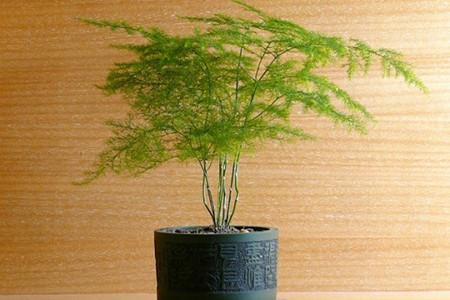
- Prev
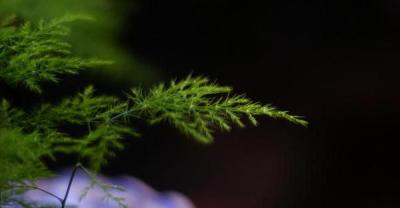
How long can dental implants last?
How long can dental implants last? This is a question that almost every dental implant patient will ask. Many elderly friends accept and use implant teeth, but according to.
- Next
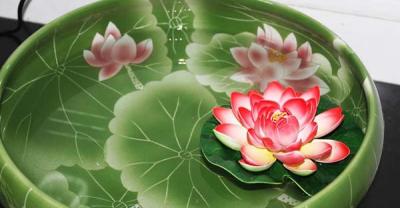
Cyclamen persicum L.
Cyclamen, also known as a crown, rabbit ear flower, fire flower, radish begonia, primrose, etc., is a perennial herbaceous bulb flower belonging to the genus Cyclamen of the family Primulaceae.
Related
- Fuxing push coffee new agricultural production and marketing class: lack of small-scale processing plants
- Jujube rice field leisure farm deep ploughing Yilan for five years to create a space for organic food and play
- Nongyu Farm-A trial of organic papaya for brave women with advanced technology
- Four points for attention in the prevention and control of diseases and insect pests of edible fungi
- How to add nutrient solution to Edible Fungi
- Is there any good way to control edible fungus mites?
- Open Inoculation Technology of Edible Fungi
- Is there any clever way to use fertilizer for edible fungus in winter?
- What agents are used to kill the pathogens of edible fungi in the mushroom shed?
- Rapid drying of Edible Fungi

